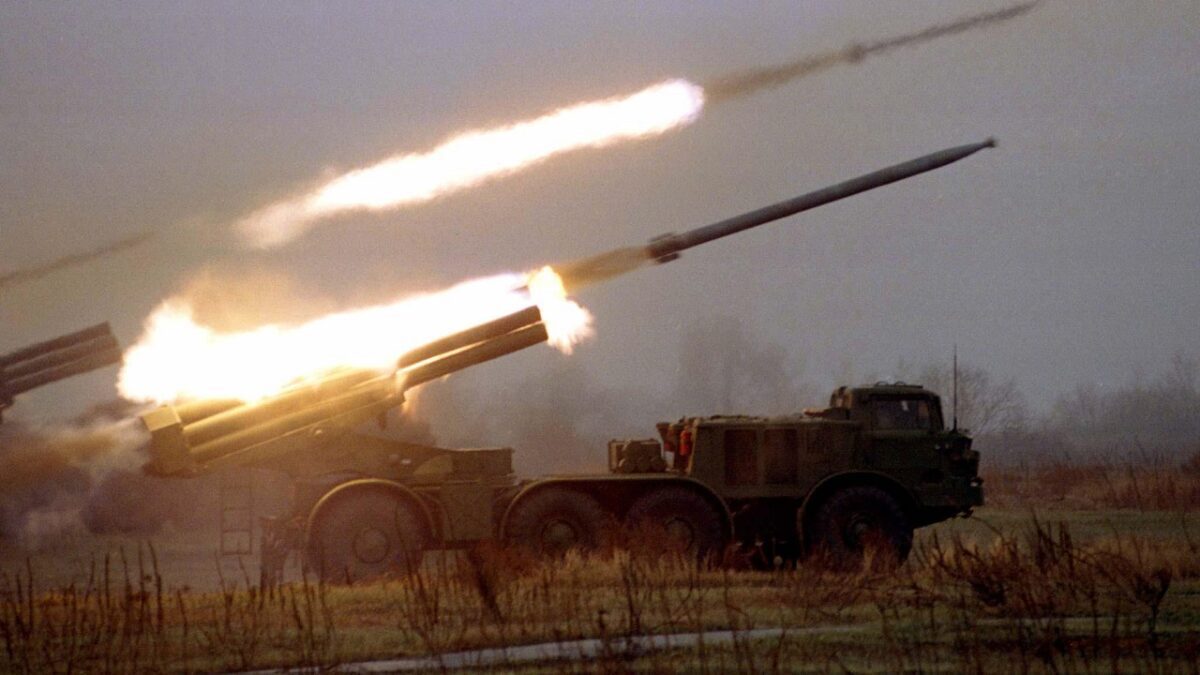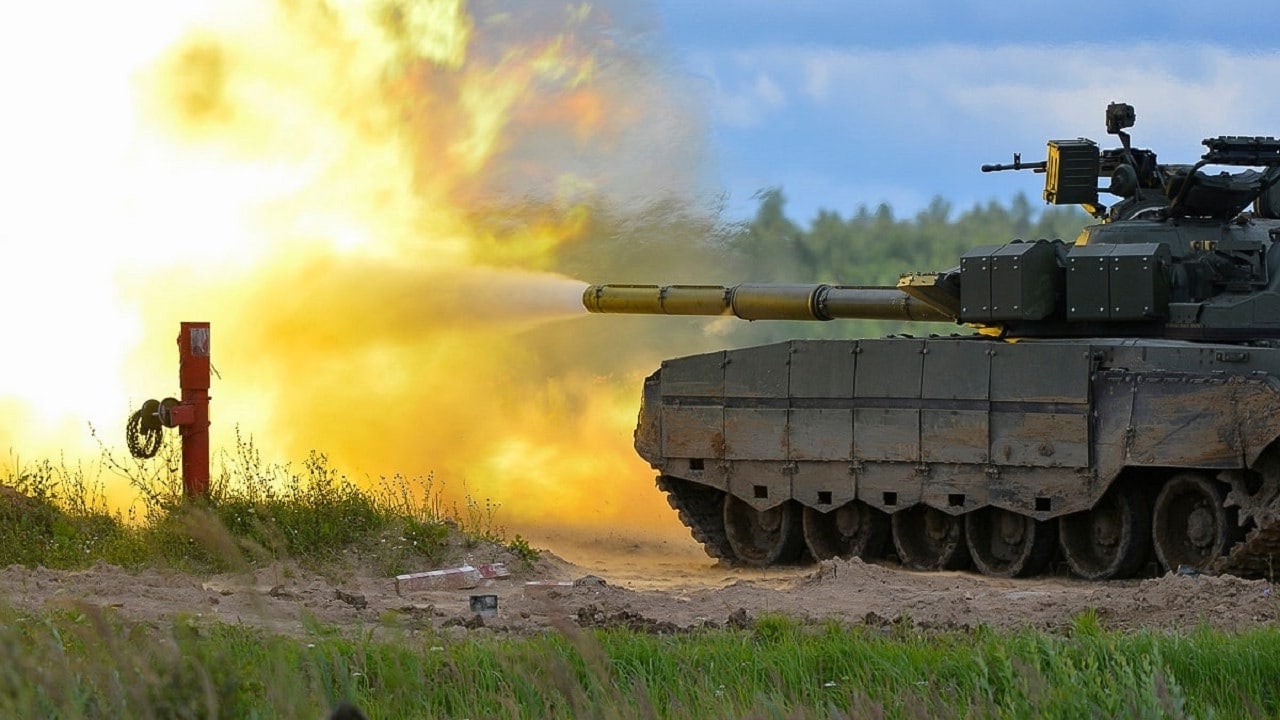The Ukraine War Has Putin Making Some Bad Decisions: Don’t bother reading Russian President Putin’s speech announcing the Russian Federation’s annexation of four Ukrainian provinces occupied by Russian troops. It’s the same old mishmash of bad history, lunatic ravings, fascist Russian rhetoric, and wishful thinking that Russia’s dictator has been mouthing for years.
There’s no point in pointing out—again—the obvious: that the whole procedure, like Putin’s regime, is a violation of international law and common decency.
If you thought Putin would someday abandon his never-never land and return to reality, this speech would do nothing to encourage your delusions.
The speech is important for what it portends. That’s quite a lot, and none of it is good for Putin or his Russia.
First, Putin has effectively made any negotiations with Ukraine impossible. Since the occupied territories are now “part” of Russia and will, according to him, remain so forever, any chance of a compromise involving territorial concessions has turned to zero. The only thing to talk about is capitulation—either Ukraine’s or, what is far more likely, Russia’s.
Second, the annexation will only enhance the Russian population’s disillusionment with and sense of betrayal by Putin. Naturally, he’s hoping for the opposite effect—that Russians will now rally around the flag and lay down their lives for devastated territories with hostile populations and next to no emotional meaning for them. Crimea’s annexation resonated positively with many Russians. Their enthusiasm for the Donetsk and Luhansk entities was markedly cooler. Their desire to ingather Kherson and Zaporizhzhya provinces at the cost of their lives will be smaller still.
In effect, Putin has confronted Russians with the following choice: die for meaningless lands or oppose me and risk being arrested. Some Russians will follow their political culture’s infatuation with death and opt for the first option; most, such as the 300,000 Russians who have already fled their country in the last week to avoid being mobilized testify, will not. Needless to say, with this level of military elan, the war will not go well for Putin.
Third, Putin has made it significantly more difficult for his successor to conclude the war. If the Ukrainian success in liberating their occupied territories continues—as it will—it’s perfectly possible that they will recapture most of Luhansk and Kherson provinces and much of Donetsk and Zaporizhzhya provinces and Crimea within the next few months. That’ll be a body blow that Putin will be unlikely to survive. His successors may very well want to conclude peace by officially agreeing to cede some territory. But the Russian Constitution won’t let them, as it has no provisions for such an eventuality. This means that the war will continue, sanctions will remain in place, and Russia’s transformation into a third-world country with a lousy army and the bomb will continue apace.
By the way, the illegal annexation of these territories does not make Putin’s turn to nuclear weapons more likely. If he does something that criminal and that stupid, it will be for whatever lunatic reasons that motivate him and not because Ukrainian troops would be supposedly “violating” Russian sovereignty.
Fourth, and most importantly, Putin signed the Russian Federation’s death warrant. Since all it takes for secession and annexation to take place is some illegal “referendum” (held at gunpoint and in the absence of most of the region’s inhabitants no less) that supposedly reflects the will of the people, there is nothing to stop the Russian Federation’s non-Russian political entities—22 autonomous republics, four autonomous districts, and one autonomous province—to declare independence. Back in the 1990s, a “parade of sovereignties” swept Russia as Russian and non-Russian political entities declared autonomy. Expect another such parade to take place shortly. Yakuts, Buryats, Chechens, and Dagestanis have already taken to the streets to protest Putin’s mobilization. Others will get on the bandwagon as the war continues, Russian territorial and human losses increase, and the old man in his bunker is increasingly blamed for destroying his country.

Ukrainian “Hurricane” jet artillery cannons fire during exercises at the firing ground near the small village of Devichki, some 90 km west of Kiev, April 17, 1997.
Once again, Putin, the chronic bumbler, has bumbled. And this time, Russia’s permanent humiliation, systemic collapse, and civilizational disappearance are likely to be the unavoidable consequences.
Expert Biography: Now a 1945 Contributing Editor, Dr. Alexander Motyl is a professor of political science at Rutgers-Newark. A specialist on Ukraine, Russia, and the USSR, and on nationalism, revolutions, empires, and theory, he is the author of 10 books of nonfiction, including Pidsumky imperii (2009); Puti imperii (2004); Imperial Ends: The Decay, Collapse, and Revival of Empires (2001); Revolutions, Nations, Empires: Conceptual Limits and Theoretical Possibilities (1999); Dilemmas of Independence: Ukraine after Totalitarianism (1993); and The Turn to the Right: The Ideological Origins and Development of Ukrainian Nationalism, 1919–1929 (1980); the editor of 15 volumes, including The Encyclopedia of Nationalism (2000) and The Holodomor Reader (2012); and a contributor of dozens of articles to academic and policy journals, newspaper op-ed pages, and magazines. He also has a weekly blog, “Ukraine’s Orange Blues.”

